It will at least familiarize you with the timing of your particular menstrual cycles
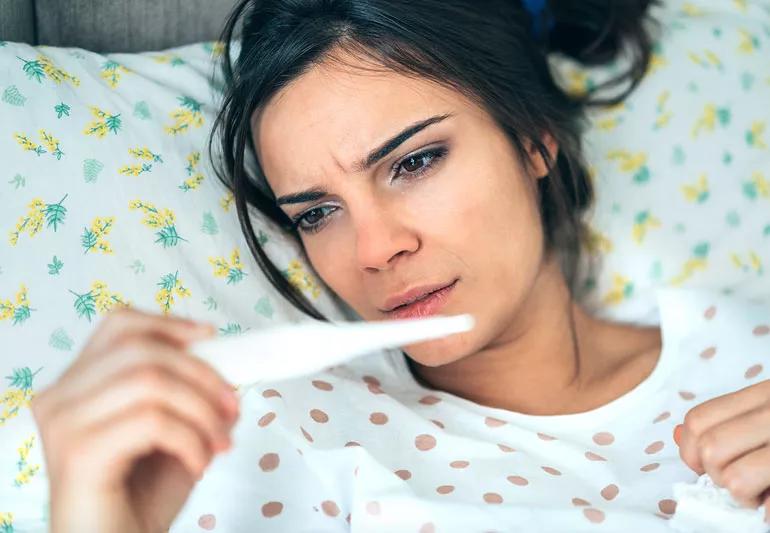
If you’re trying to get pregnant — or attempting not to get pregnant — it’s important to understand your body and its natural cycles. One of the ways to get some additional insight is by tracking your basal body temperature.
Advertisement
Cleveland Clinic is a non-profit academic medical center. Advertising on our site helps support our mission. We do not endorse non-Cleveland Clinic products or services. Policy
Ob/Gyn Laura Detti, MD, explains what basal body temperature tracking is and how you can decide whether it’s the right move for you.
Basal body temperature refers to your body’s temperature when it’s fully at rest. Your basal body temperature increases just after ovulation, so tracking it can help you identify which days you’re ovulating. This can, in turn, tell you which days you should have sex if you’re trying to conceive (or which days to abstain, if you’re trying to stay child-free).
“It’s good to understand your cycles, to understand whether you’ve ovulated or not, and to see how long your luteal phase is — the second part of your menstrual cycle,” Dr. Detti says.
Most women’s basal body temperature is between 97 to 97.5 degrees Fahrenheit before ovulation; after ovulation, it typically ranges from 97.6 to 98.6 F. But other factors can impact basal body temperature, too:
Everyone’s standard basal body temperature is different, and tracking it over the course of a few months can help you figure out yours — both before and after ovulation.
Advertisement
Whether you’re trying to get pregnant or trying not to, there’s value in knowing your cycles, Dr. Detti says. And showing your tracking results to your gynecologist or a reproductive endocrinologist can signal hidden health problems.
“Sometimes women’s basal body temperature has been going up and down up and down without a real marker of a changing point,” she says. “Those women typically do not ovulate — so those results spark an inquiry to start testing.”
There’s one key rule to keep in mind when tracking your basal body temperature: “You need to take it under the same conditions every day,” Dr. Detti says. “Typically women take their basal body temperature in the morning before getting out of bed so that every day it’s consistent.” Here’s how to do it:
That slight increase in temperature happens after you’ve ovulated, but your body is most fertile right before you ovulate. Once you’ve gotten the hang of charting your basal body temperature, you should be able to identify patterns that will tell you how many days into your cycle you ovulate — and if you’re trying to get pregnant, you’ll want to have sex in those days just before ovulation.
“If a woman has regular cycles, after charting for a couple of months she knows when her temperature will rise and knows to have intercourse a couple of days before that happens,” Dr. Detti says.
There’s a catch: “Tracking your basal body temperature tells you about ovulation only after ovulation occurs,” Dr. Detti says. “It doesn’t give you any alarms saying ‘Hey, you’re about to ovulate.’”
This means that by the time your temperature rises, your fertile window has already passed.
Tracking your basal body temperature over time can help you gain a deeper understanding of when your body is likely to ovulate, but if you want a more straightforward answer about when to have sex in order to conceive, Dr. Detti recommends ovulation test strips instead. They react to your urine to tell you whether you’re within your fertile window.
Advertisement
“Typically women track their basal body temperature because their primary gynecologist tells them to do it to understand more about their cycle,” Dr. Detti says, “but the function of body temperature ends there — just to help you understand your cycle.”
Advertisement
Learn more about our editorial process.
Advertisement

Although it can be alarming, it’s normal to experience blood clots during menstruation

Reasons for spotting can include menopause, uterine fibroids, PCOS and birth control

Hormonal changes are the likely culprits behind the aches and fatigue before your period
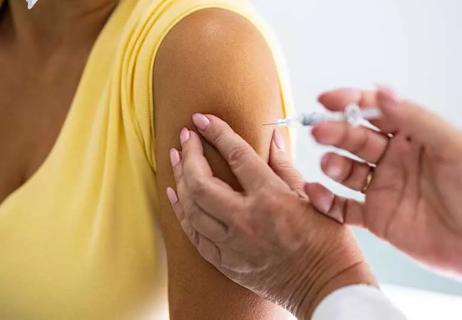
Irregularities in cycle length and flow aren’t a cause for concern
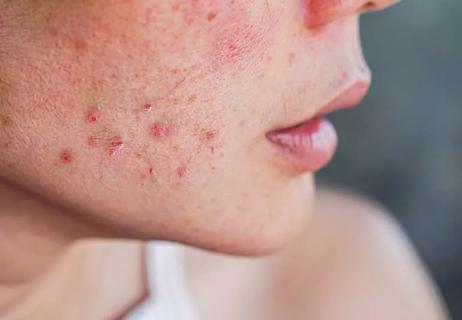
Hormone fluctuations impact oil and sebum production, creating painful, tender pimples

Typically, you can keep your appointment, let your gynecologist know and let your worries go
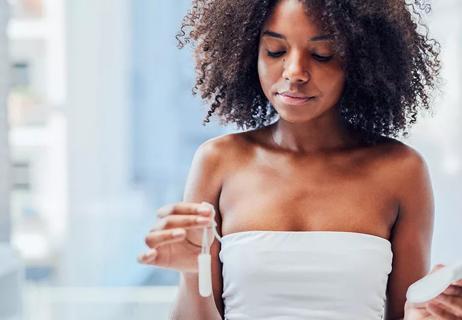
It depends on your menstrual flow, and a little trial and error
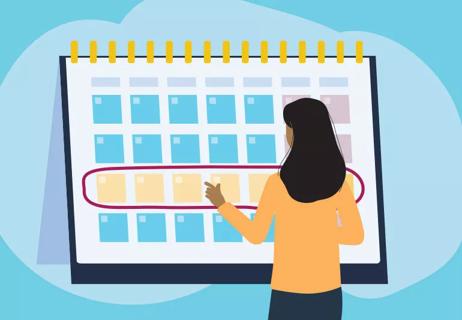
Stress, extreme diet and exercise, PCOS and, of course, pregnancy could be responsible

Type 2 diabetes isn’t inevitable with these dietary changes

Applying a hot or cold compress can help with pain